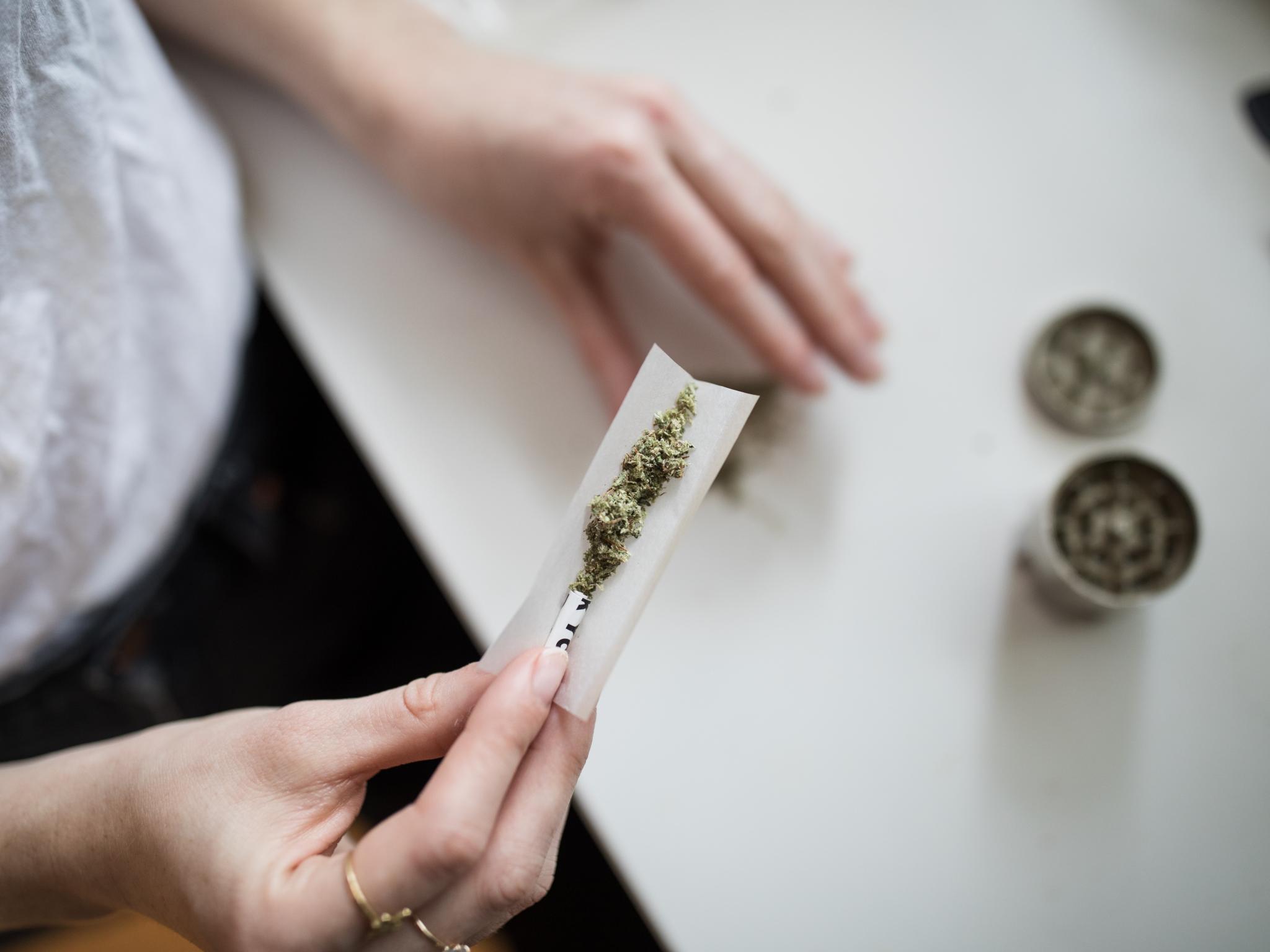
Does the legalization of recreational cannabis increase overall consumption?
Researchers from Columbia University Mailman School of Public Health and The City University of New York found that it does.
The study, published online in the journal Drug and Alcohol Dependence, found that marijuana consumption and cannabis use are on the rise nationwide — especially in states where recreational use is legalized.
Cigarette Smokers More Likely To Use Cannabis
According to the researchers who used data from the 2004–2017 National Survey on Drug Use and Health:
- Cannabis was up to 10 times more common among those who smoke cigarettes than in non-smokers.
- Roughly 33% of cigarette smokers aged 12 and older residing in states where recreational marijuana is legal, use cannabis occasionally.
- Some 18% reported using marijuana on a daily basis.
- Drastically lower consumption is evidenced among non-smokers, with one in 10 admitting to using cannabis over the past month.
- Up to 3% of respondents use it daily.
“Based upon over a decade of data, cannabis use was markedly more prevalent in states where recreational use is legal for adults, relative to states where it was not in 2017,” Renee Goodwin, Ph.D., adjunct associate professor of epidemiology at Columbia Mailman School and professor of epidemiology at CUNY, and the lead author of the study, said.
During the period observed in the study, cannabis use increased “as fast, or faster,” in states where marijuana use was prohibited by law, Goodwin emphasized.
Does Marijuana Legalization Lead To Increase In Teen Use?
The study also found that 73% of cigarette smokers aged 12-17 reported using cannabis in the past month, while nearly a third used it regularly.
The new findings build on recent observational research published in the May 26, 2022, online issue of Addiction which found that the legalization of recreational marijuana increases youth consumption. Researchers at the RAND Corporation and the University of Southern California went a step further proving that the vicinity of cannabis dispensaries is not a determining factor when it comes to marijuana use rates among young people.
Moreover, recent findings published in the Journal of Clinical Psychology even pointed out there are links between teen cannabis use and schizophrenia, regardless of whether they used it frequently or infrequently.
In terms of the impact marijuana has on brain health, American Heart Association's scientific statement published recently in the Association's journal, Stroke, shed a light on many uncertainties around cannabis usage.
"There's a lot of uncertainty in the medical community about the health effects of marijuana," said Fernando D. Testai, M.D., Ph.D., FAHA, writing group chair, professor of neurology and rehabilitation at the University of Illinois. "This scientific statement is intended to guide health care professionals in having a balanced and intentional discussion with patients about the potential known and unknown effects of marijuana on brain health.”
Several surveys revealed a decline in young people’s use of marijuana and other controlled substances — as part of a broader trend that dates back to 2013 — attributing it to regulated access for adults that then minimizes the risk of adolescent marijuana use.
The Coalition for Cannabis Policy, Education and Regulation’s (CPEAR) report published earlier this year even revealed that state-level cannabis legalization usually doesn’t cause an increase in youth consumption.
Photo: Courtesy of Thought Catalog on Unsplash





